On September 5, 2024 the 19th DortmunderAutoTag will take place at the IHK Dortmund.
1st RST Hackathon: Parcel delivery with the help of mobile robots - on land and from the air
The Chair of RST (Control Systems Technology) will hold its first hackathon on October 26 and 27, 2024 under the title "Parcel delivery using mobile…
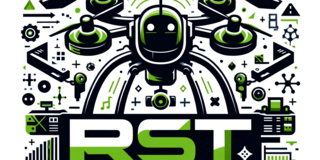
Best Presentation Award auf der ICCRE 2024 in Osaka
Auf der 9ten International Conference on Control and Robotics Engineering (ICCRE 2024) in Osaka, Japan hat der RST einen Beitrag zum Thema “Feedback…
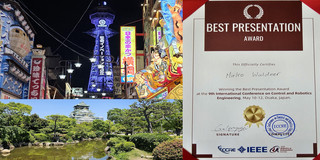
RST at the ICASI2024 in Kyoto
The RST participated in the ICASI2024 conference in Kyoto.
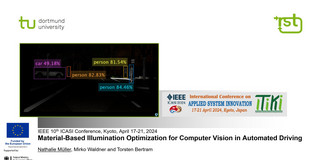
RST at the VDI Mechatronics Conference 2024 in Dresden
Last week at the VDI Mechatronics Conference 2024 in Dresden, RST presented how the light distribution of high-resolution matrix headlights for…
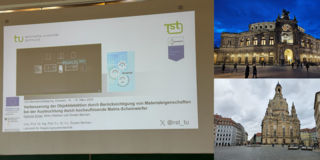
Paper at the AMC24 conference in Kyoto
This week, the AMC24 conference takes place in Kyoto.
We present a paper that proposes a hierarchical motion planner as extension to a previous…
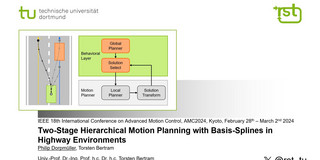
WDR Lokalzeit reports on RST research vehicle
A report on the RST research vehicle was broadcast on WDR Lokalzeit Südwestfalen. It reports on the DEmandäR project, in which initial data is being…
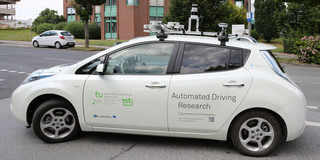
Accurate point clouds and Lanelet2 vector maps
HD-Maps are essential for various subtasks of automated driving.
We created accurate pointcloud and Lanelet2 vector maps for the 25km long DEmandäR…
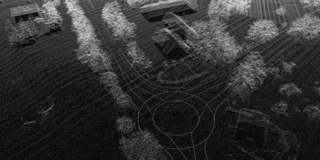
RST represented with two contributions at the IEEE ROBIO 2023
The RST presented two papers at IEEE ROBIO 2023 titled "Comparing Human Motion Forecasts in Moving Horizon Trajectory Planning of Collaborative…
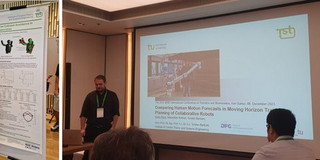
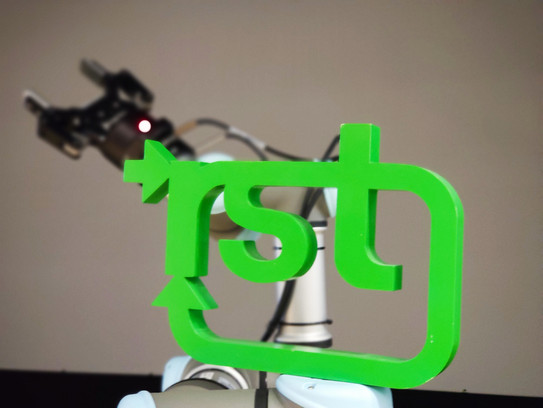
The Institute of Control Theory and Systems Engineering at TU Dortmund University conducts research on automated, networked and sustainable mobility and service robotics in both basic and application-oriented topics.
The innovative research process begins with the idea, continues with scientific analysis and synthesis and ends in the engineering context with feasibility and/or a prototype. The scientists contribute their ideas, competences and experience to public and bilateral research and development projects.
In the topics of future mobility, our research focuses on scene description, situation prediction including trajectory prediction and manoeuvre planning decision making when it comes to the movement behaviour of the EGO vehicle and other road users.
In situational prediction and manoeuvre planning, the behaviour and the physical and mental state of the driver, passenger and passer-by are also researched and taken into account in the overall planning for automated driving.
In service robotics, the cooperation between humans and robots is the focus of our research. We develop concepts and methods for model-predictive real-time trajectory planning and control in a shared workspace. In lightweight robotics, we design models and controls for limb-elastic robot arms.
The research work is oriented towards concrete questions, which are evaluated concomitantly in x-in-the-loop simulation and finally in prototype testing, in order to also answer questions that go beyond scientific verification and validation from the perspective of application and technical realisation.
In the field of automated driving, methods from the areas of machine and deep learning as well as artificial intelligence are increasingly gaining acceptance - in all areas of development, from perception to trajectory planning and control. In addition to the development of the latest algorithms in this area, we also have the necessary hardware and the latest technical requirements to be able to quickly apply the aforementioned methods to new problems with maximum efficiency.
Another focus is on the development and application of forward-looking methods for the systematic derivation and development of solutions that meet requirements, without losing sight of the overall system.

![[Translate to English:] [Translate to English:]](/storages/zentraler_bilderpool/_processed_/8/b/csm_Kopfbild_Orga_Luftbild_e0d5f4c826.jpg)